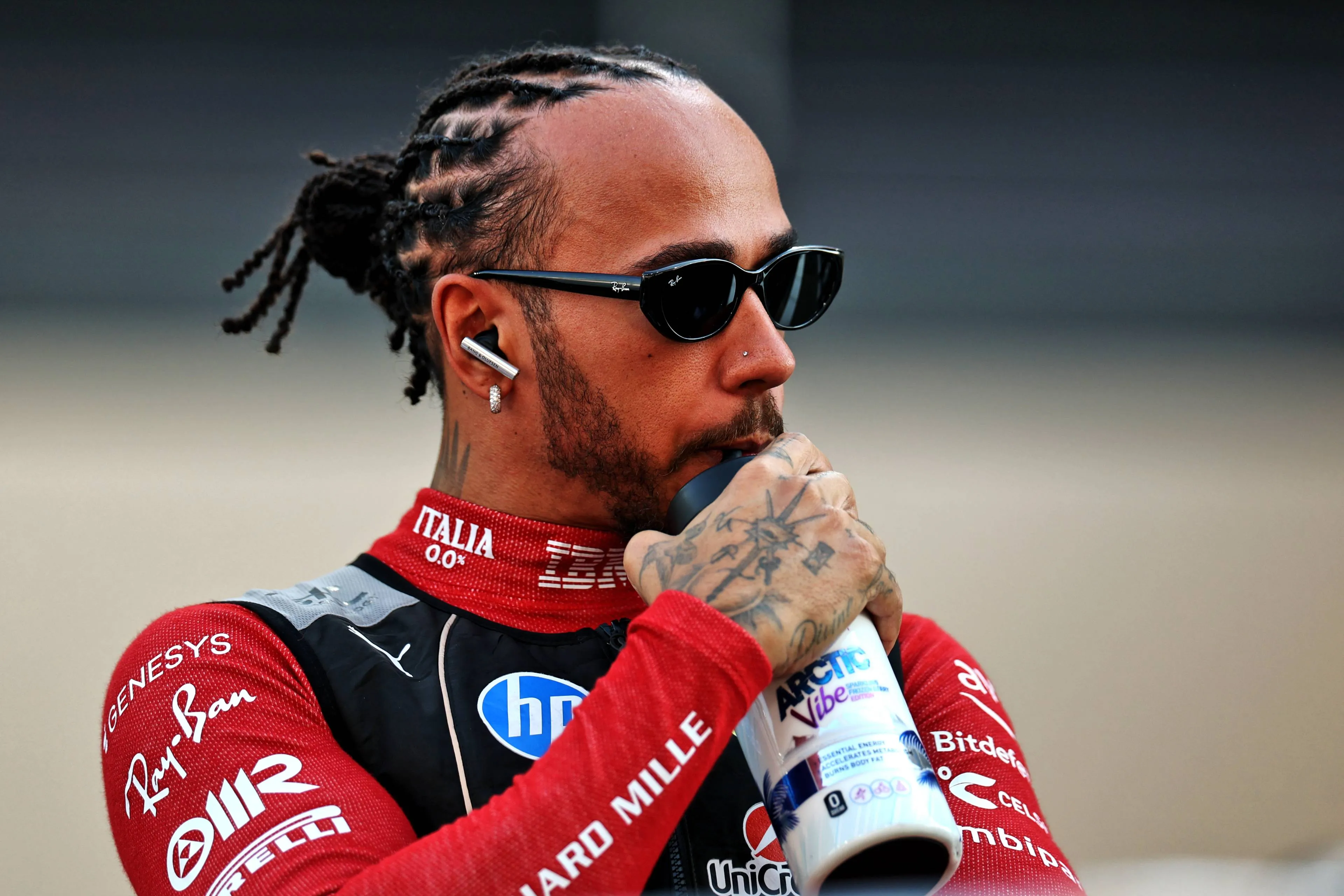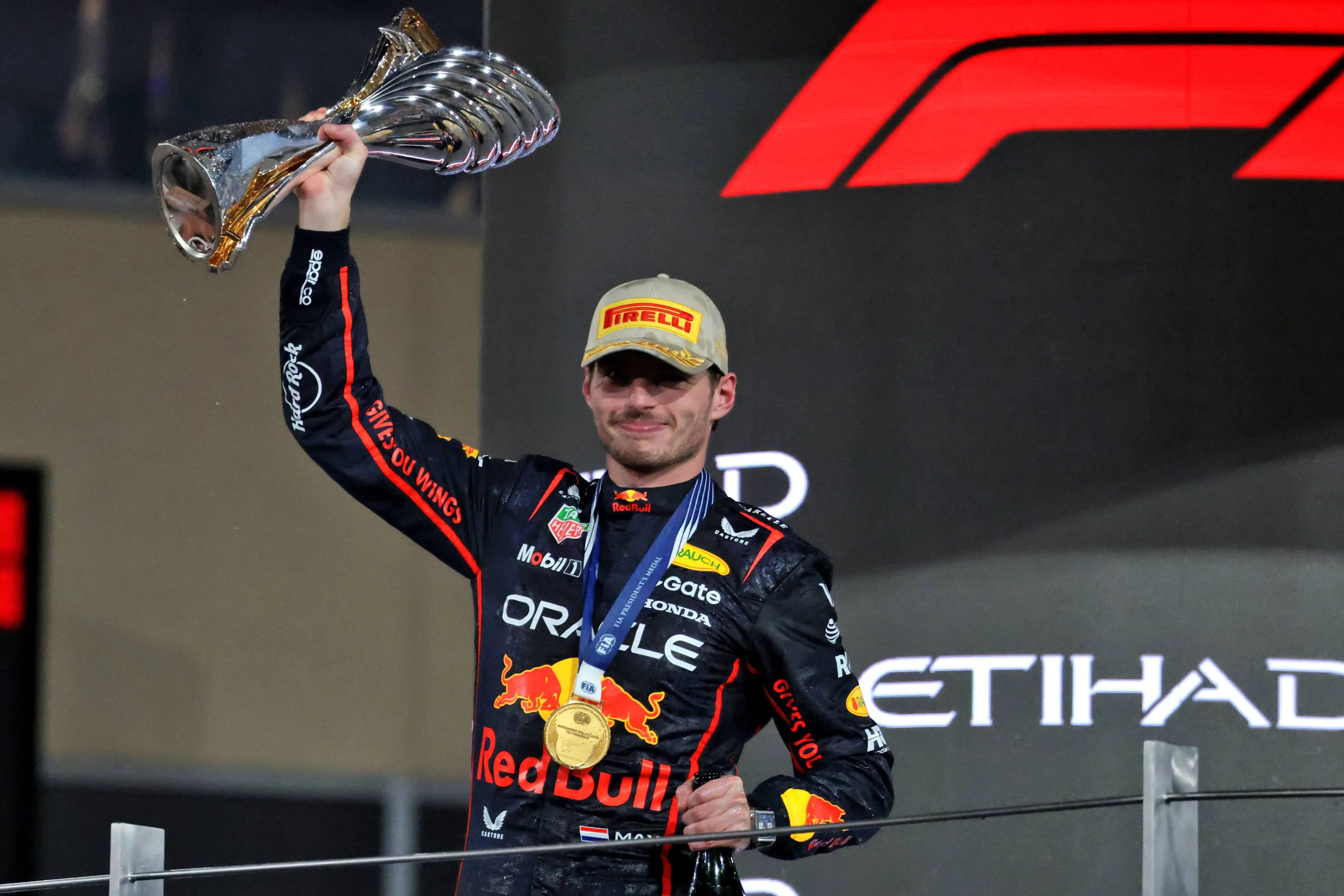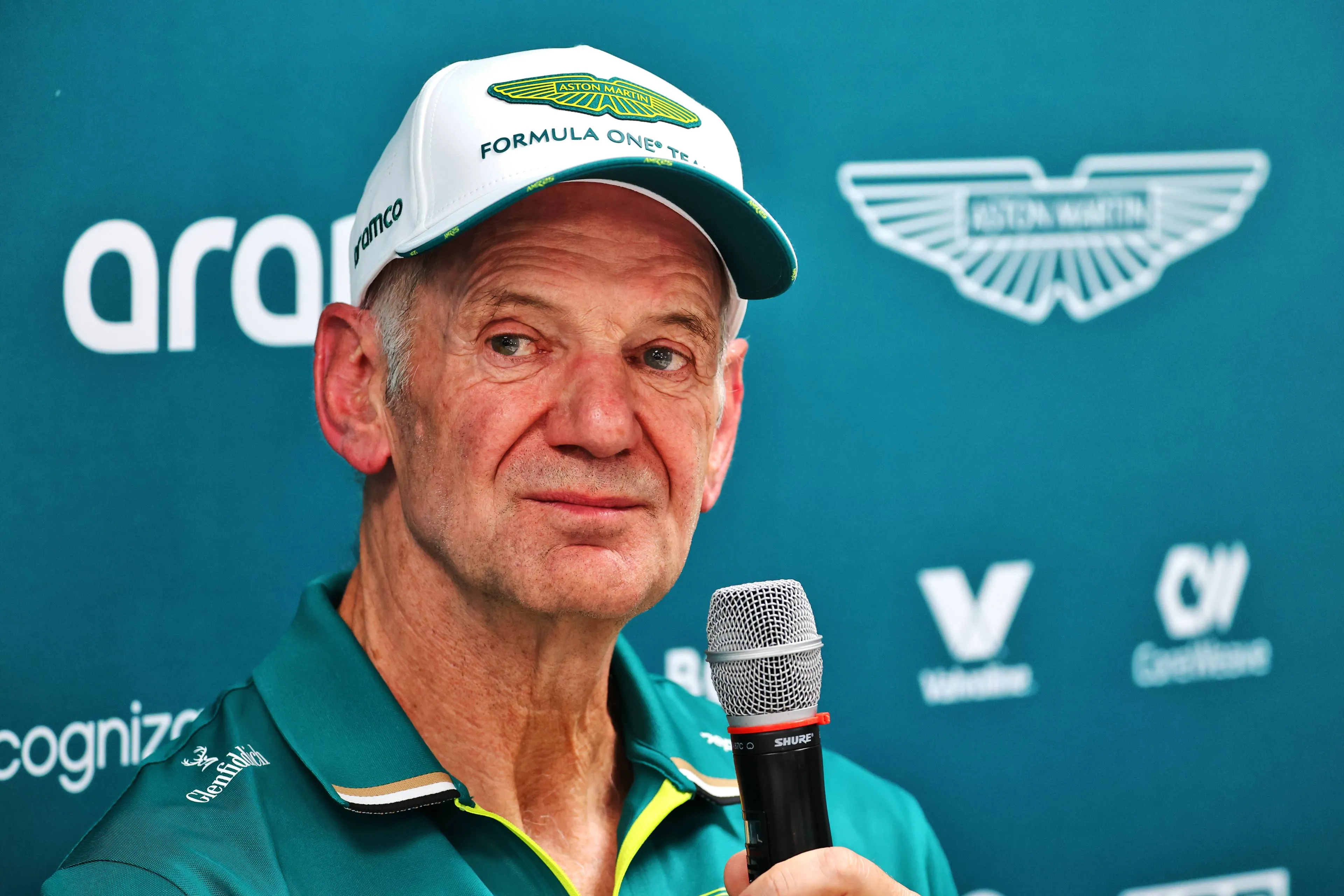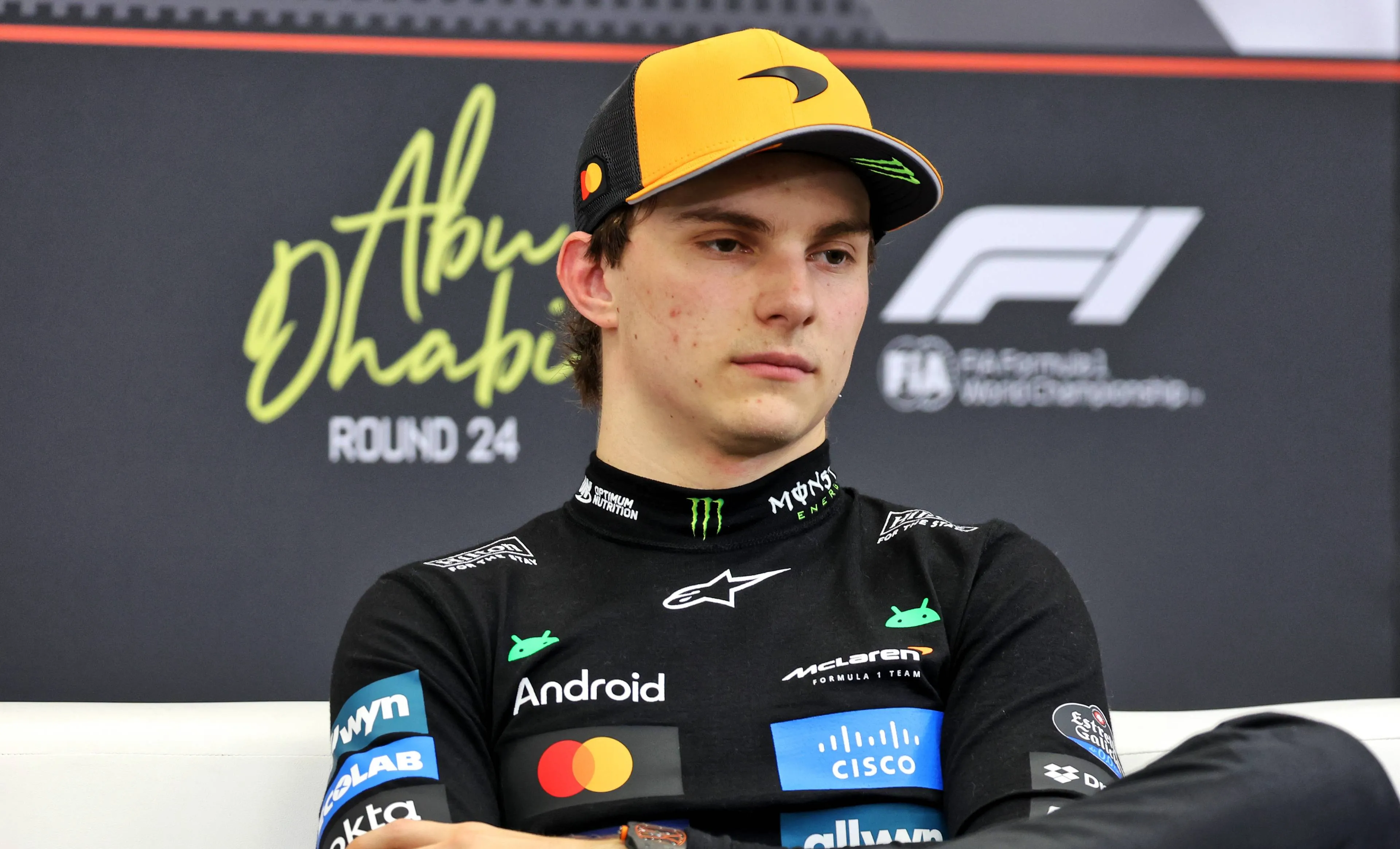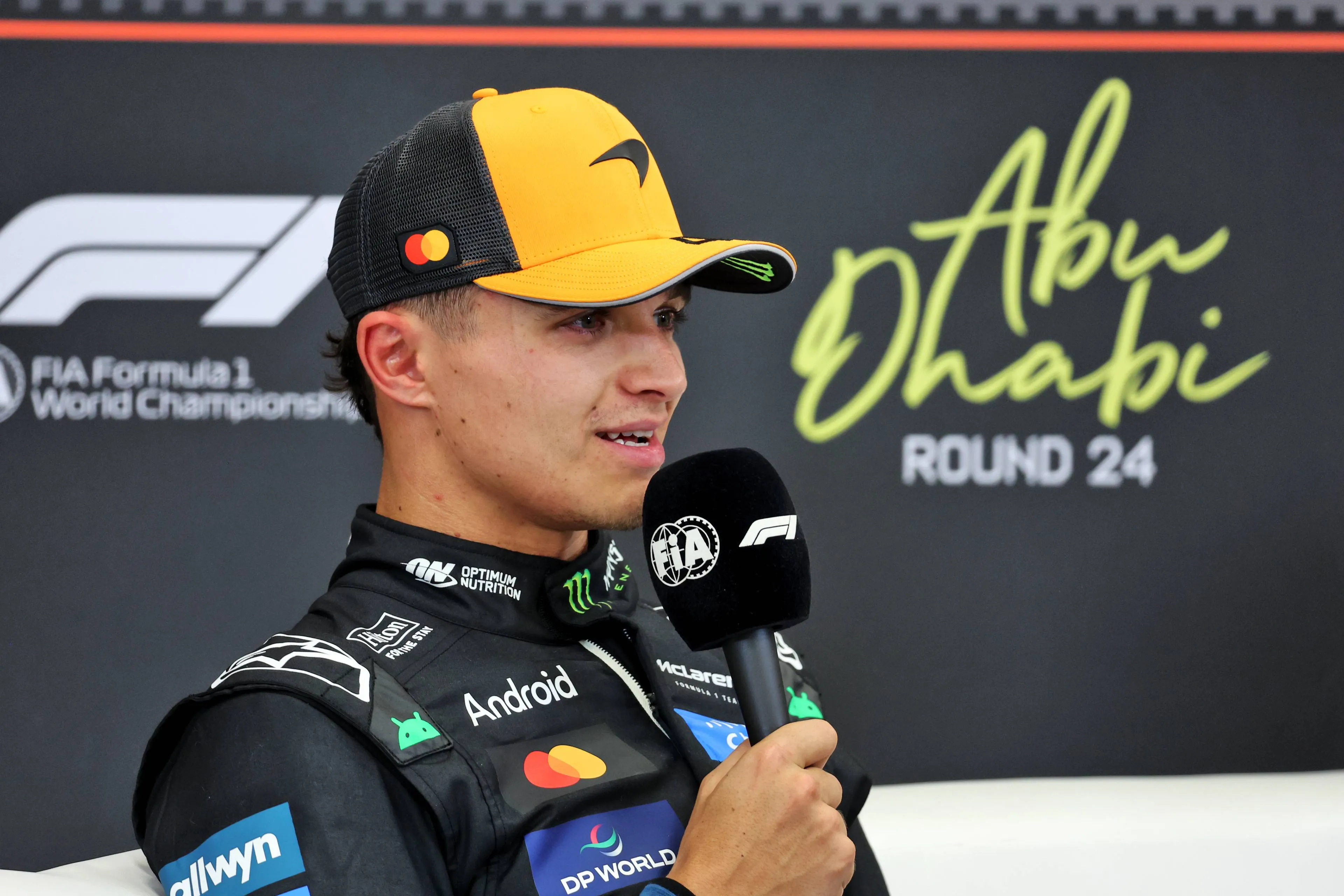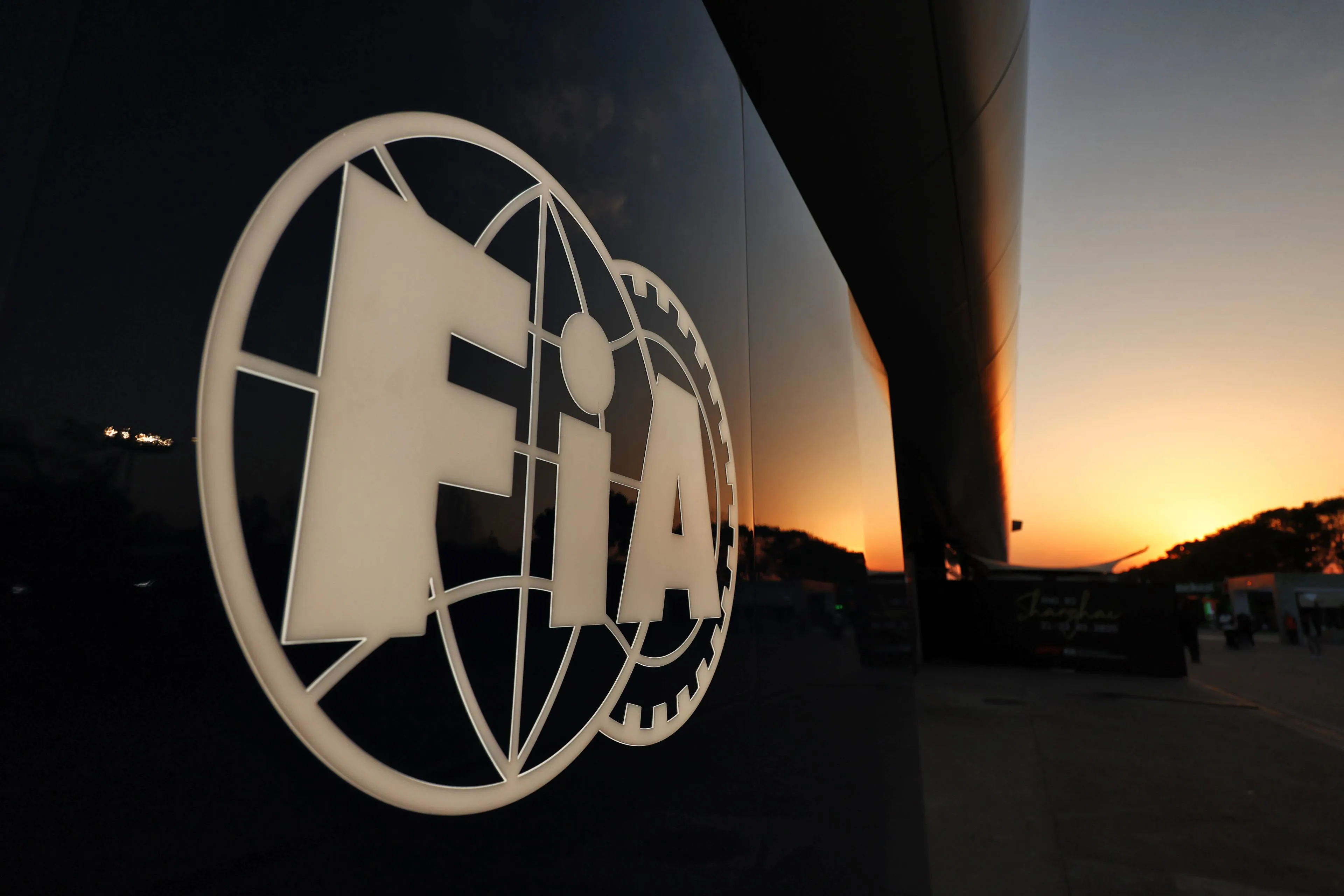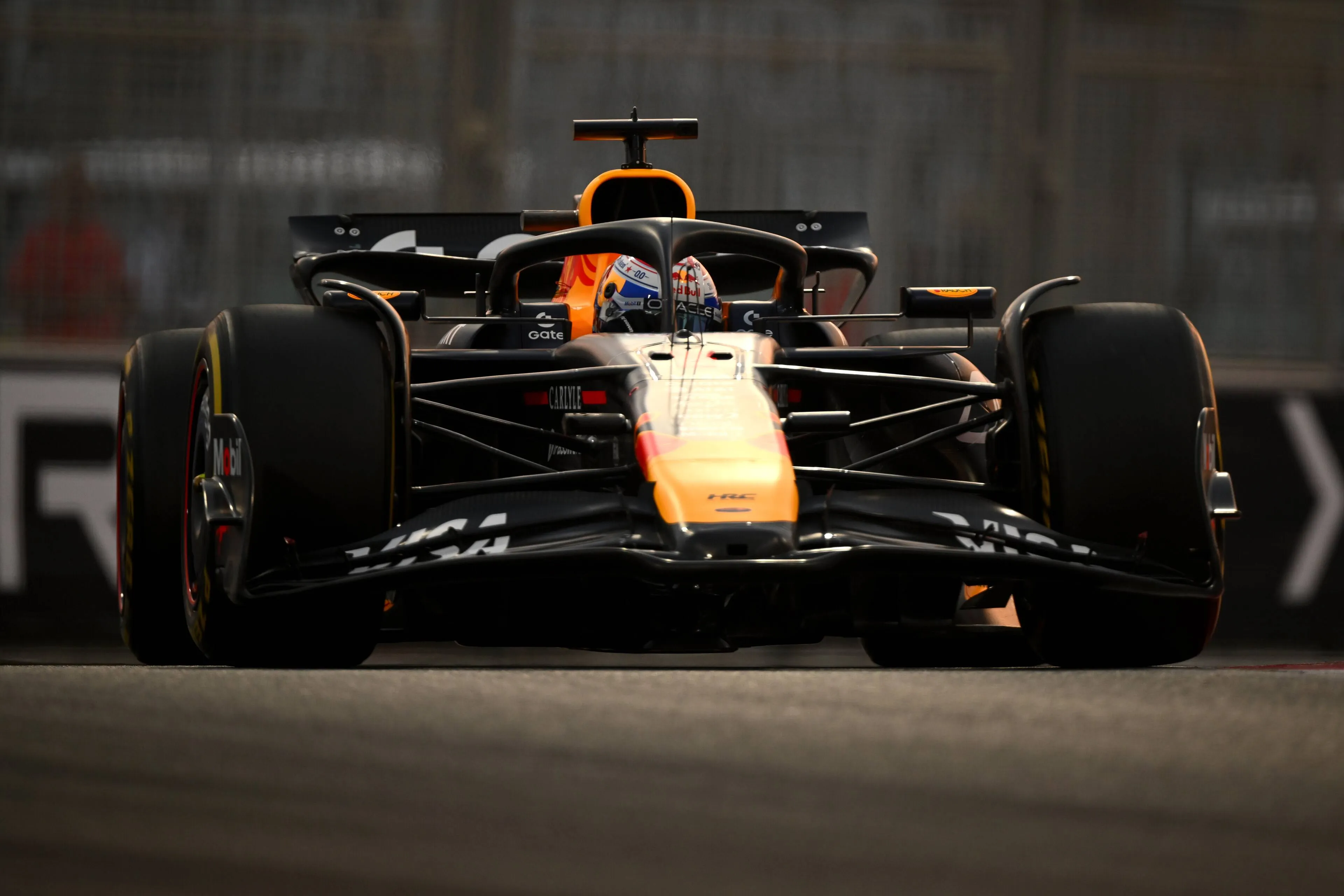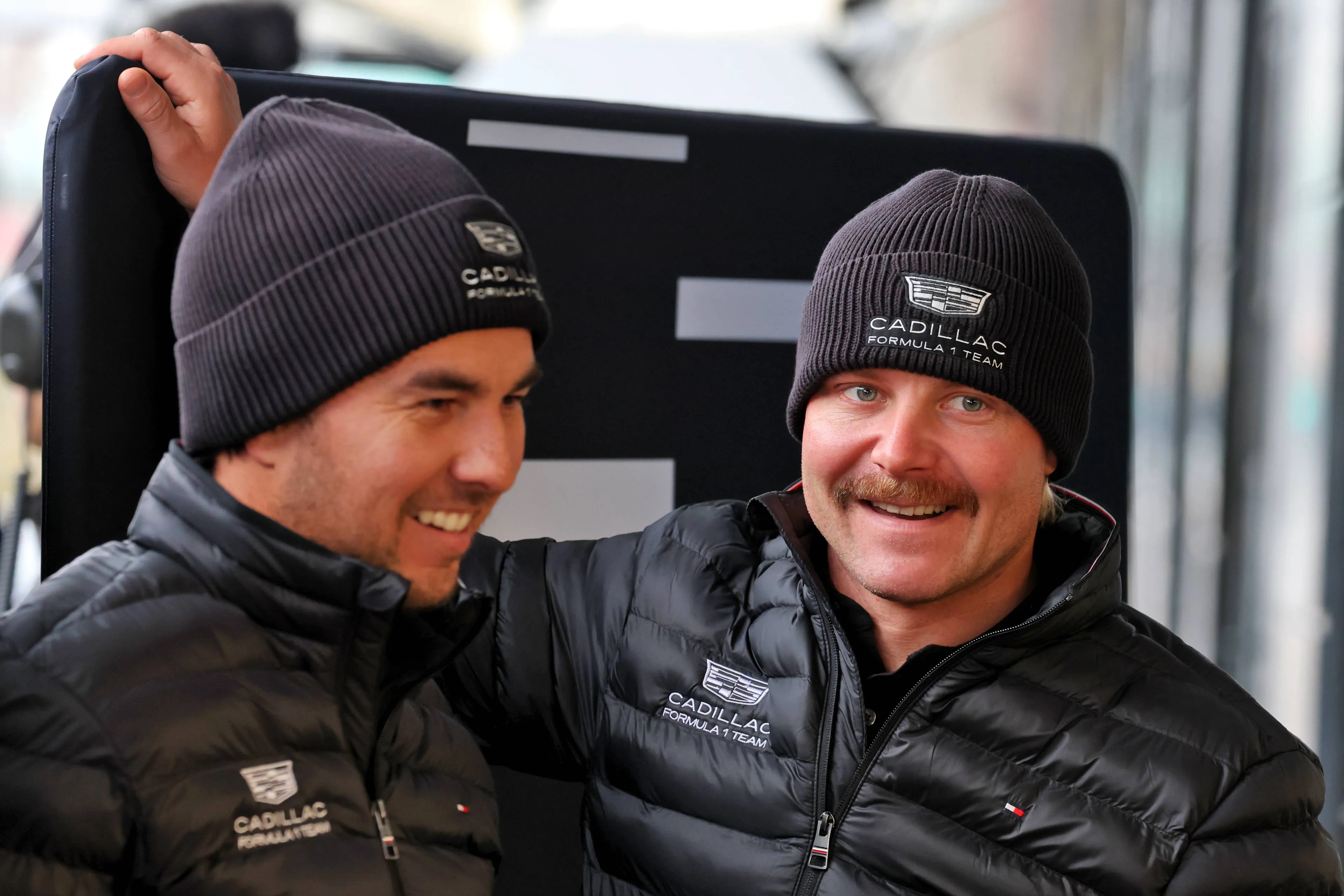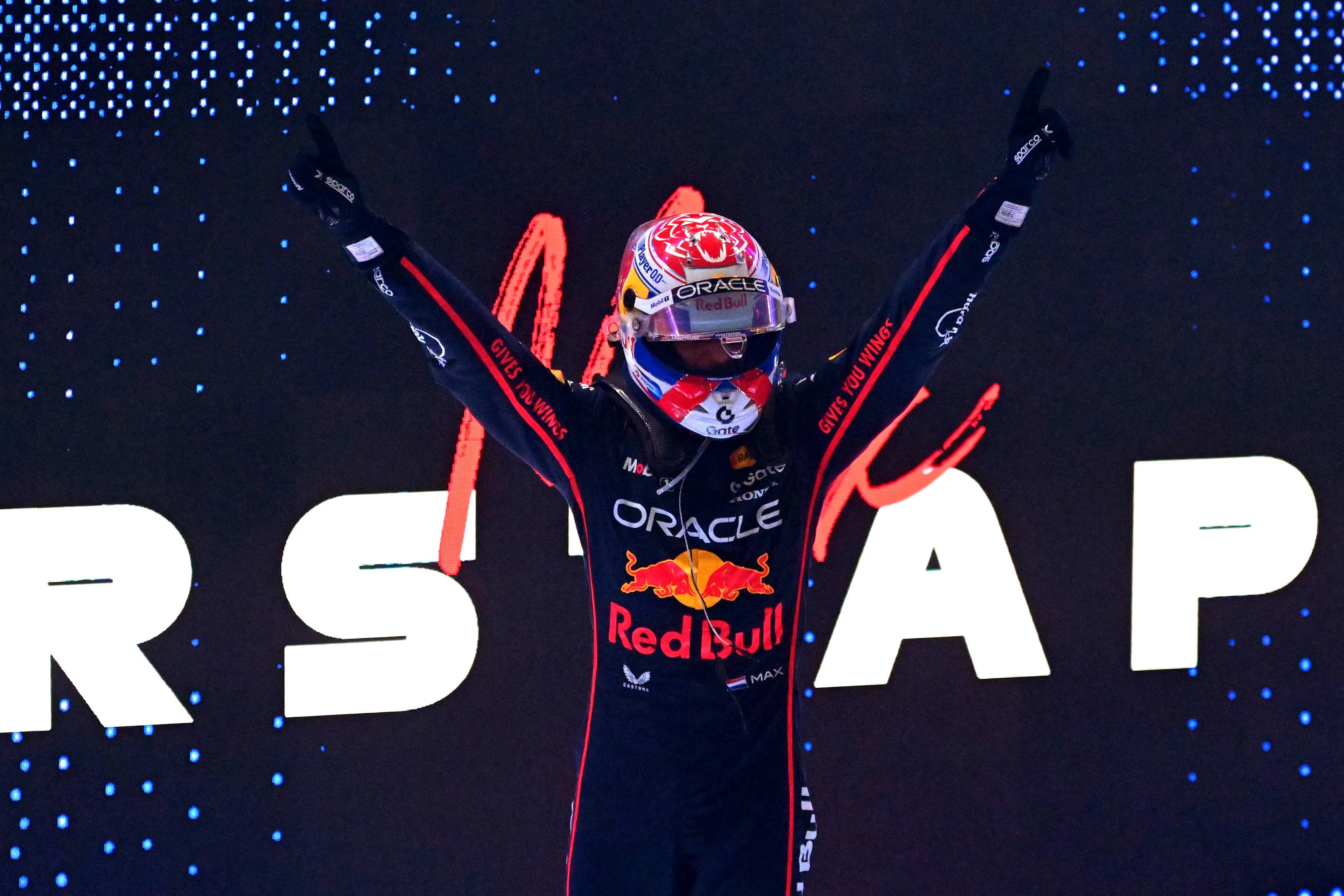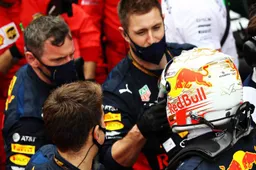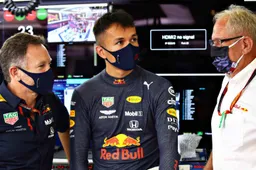Portuguese GP Debrief: New tracks are good for F1, but they can't stay
21:00, 25 Oct 2020
2 Comments
The first Portuguese Grand Prix in over 20 years produced some excellent entertainment. A lightning fast start, a battle for the lead and an intriguing midfield battle made for a great race in Portimao.
The 2020 Portuguese Grand Prix will undoubtedly go down in history as the race where Lewis Hamilton took his 92nd F1 victory, one more than previous record holder Michael Schumacher.
But there was far more to the race than just Hamilton’s record breaking performance. We had first lap drama as Max Verstappen and Sergio Perez came together. Valtteri Bottas threatened to spoil Hamilton’s party with a first lap pass, before Carlos Sainz surprised everyone, taking the lead as the medium tyre runners struggled.
Eventually Hamilton would retake the lead, but there was an awesome midfield battle, with Charles Leclerc, Pierre Gasly and Perez all driving superbly.
The other standout of the weekend was the track. The circuit in southern Portugal provided a challenge like few others on the F1 calendar. The unfamiliar, undulating track made it tough for drivers and they had to work hard to get to grips with it.
The first ever race at Portimao was definitely a success, and after the excitement at Mugello in September and the unpredictability at the Nurburgring two weeks ago, why doesn’t F1 visit new or different tracks more often?
Ever since they were announced, F1 fans have been anticipating races at these three venues, along with the upcoming events at Imola, Turkey and the Bahrain outer loop.
Rumour has it that F1 will return to a standard calendar next year, similar to the one used in recent seasons. The coronavirus pandemic forced F1 into making huge changes to their calendar in 2020, but the revised events have produced some incredible entertainment, so it seems strange the sport would go back to a standard calendar.
New tracks mean teams have less data to work with. We’ve seen in past years the Spanish Grand Prix at Barcelona become a bore-fest. This is partly because of the incredible amounts of data teams have at the track due to the pre-season testing being held there.
Compare that to Mugello or Portimao. Some of the drivers have raced there before, but the teams haven’t. So when they arrive, they don’t already know the best set-ups, or tyre pressures, or whatever else they already know about the other tracks.
The teams and drivers have to discover all of that after they arrive at the circuit, which has the potential to mix things up. We didn’t see much of that at the front, due to the Mercedes duo and Verstappen being so far ahead of the rest, but the midfield was certainly bunched up, especially in Portugal.
The unfamiliarity of these tracks can also lead to mistakes. Drivers aren’t as tuned in to the new circuits as they are to the regulars, so mistakes are likely to be made more frequently as they push to get the best result possible.
Of course, we don’t want any dangerous crashes or drivers getting hurt, but a spin or a coming together can make for some interesting scenarios. Think back to Mugello and the red flags. Obviously everyone was delighted when everybody walked away from the safety car restart crash and that Lance Stroll was fine after his accident. But it can’t be denied that these incidents made the race more exciting. It brought the field closer together and gave us battles we weren’t expecting.
It's interesting to see the world’s best adapt to a new track, to see them struggle on unfamiliar territory. This weekend we saw even the most experienced drivers struggle with grip during Friday practice, and all weekend with track limits.
F1 needs to be difficult. It’s widely considered the pinnacle of motorsport, where the best drivers from across the world fight for supremacy. If it’s easy, surely that’s not the point? We want to see the world’s best drivers having to work hard for their success, and an unfamiliar track makes them do just that.
And most of all, it’s fun for us. We love seeing new tracks, new surroundings, supporters and circumstances. If it was up to F1 fans, half the calendar might change each year.
However, F1 is dominated by money, as are all sports. We’ve seen some great tracks fall off the calendar recently due to financial issues, combined with the sport trying to globalise further. Hockenheim for example, has produced some of the best races in recent memory, but there simply isn’t enough money or interest to host a race there. Interlagos could be next, with rumours surrounding a track closer to Rio de Janeiro. Silverstone has previously been in doubt, as has Monza.
The exceptional circumstances of 2020 mean that F1 has been able to sign one-off contracts with Mugello, the Nurburgring, Portimao, Imola and Turkey. This simply isn’t possible in a normal world.
We all hope the world returns to its usual self by the time the 2021 F1 season begins. There will be changes, yes, but we hope to see plenty of fans at events, to meet with our friends for races and much more. And all of this means that the F1 calendar will go back to normal.
Tracks have contracts with Formula 1 to host races. A circuit will sign a multi-year deal to host a race, securing their place on the calendar for the foreseeable future. There’s only a certain number of races F1 can run a year, and with so many suitable tracks across the world, some will miss out. There will never be such a thing as a ‘perfect calendar.’
These contracts mean we can’t just rotate between tracks. There will always be constant races, and the calendar is optimised to prevent teams dashing halfway around the world every week, so mixing up the order of the tracks is difficult as well.
Perhaps the answer could be ‘joker races.’ For a few weekends in a year, F1 could visit a new track. Maybe this could see the return of the European Grand Prix, where a different track hosts each year? This could allow the likes of Portimao, Mugello and the others to host F1 races, on a rotational basis with the other tracks.
The same could be done in Asia, with tracks such as Sepang, Yeongnam and Fuji all capable of holding F1 races and providing similar entertainment to recent weeks.
There’s likely to never be an F1 season similar to 2020, but us fans just have to hope those at the top of F1 have learnt from the positives. We’ve had a great season so far, and hopefully bits of this season can be used in the future.
Read more about:
Rumors
Popular on GPBlog
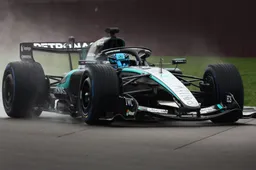
1
All the 2026 F1 liveries revealed: this is how the grid will look this season
3640 times read
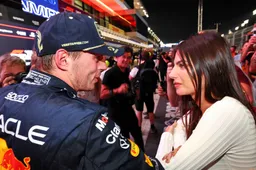
2
Verstappen's girlfriend Kelly Piquet shows off a revealing outfit
1067 times read

3
Verstappen reveals the great love he had to give up for Formula 1
1008 times read
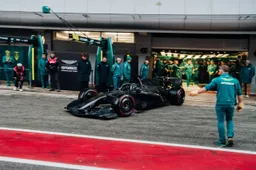
4
Newey's 'sexy' car design continues to turn heads in the F1 paddock
847 times read
Loading



